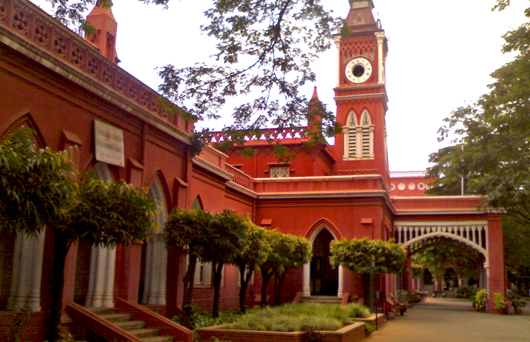Bengaluru, May 26: The Karnataka Cabinet has approved amendments to the Karnataka State University Act in order to split the Bangalore University into three. The boundaries of the new universities will be based on Legislative Assembly constituencies.

Currently, more than 600 degree colleges are affiliated to Bangalore University. The three parts that the university would be divided into are: Bangalore University, Bangalore Central and Bangalore North.
Sources in the State Secretariat said that while the Bangalore University would continue to function from its Jnana Bharati campus, the new Bangalore Central University would be located at Central College campus in the City.
The campus of Bangalore North University would be located at Jangammana Kote in Sidlaghatta taluk, Kolar district. For the time being, the Bangalore North University would commence functioning from its Post-Graduation Centre in Kolar.
Each university is expected to have 200 affiliated colleges. All the three universities would include teaching and research activities.
The Bill related to splitting Bangalore University three-way, is expected to be passed in the State Legislature session that is likely to be held in July.




Comments
Good Idea of Bangalore University Trifurcation....
But the Infrastructure Should by Commenced as early as Possible
Instead of Postponing...... like PRR
Wish you all the Very Best for Speedy planting the Infrastructures
and Functioning.
Add new comment